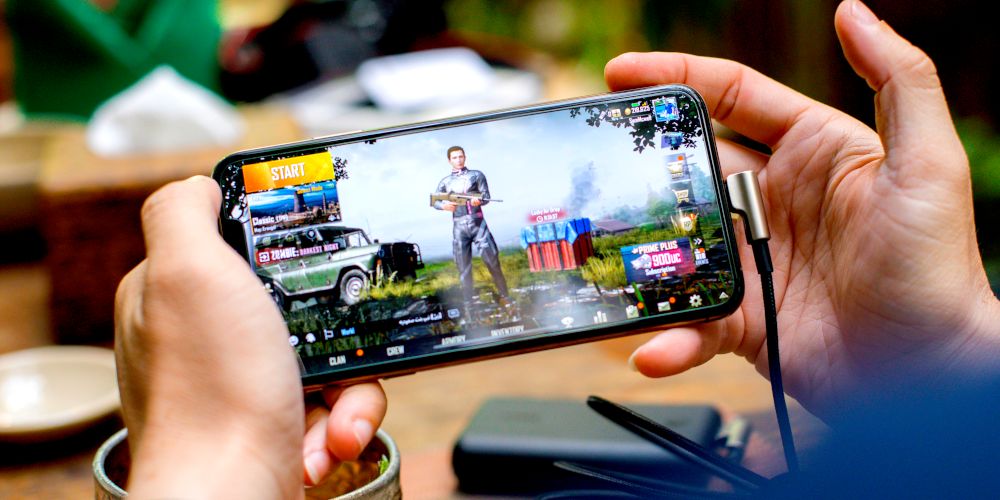Despite the relatively short period of time they've been around, mobile games have had a tumultuous history.
There was a time when well-paid financial analysts were heralding the death of the dedicated gaming console, saying we'd all be playing games on our phones.
That, of course, didn't happen.
There have been some fantastic mobile games, but they were counterbalanced by free-to-play games with paid energy systems, gacha mechanics, and a general lack of gameplay.
But there's a new hope in mobile gaming as the industry evolves in new directions. Here are some recent mobile gaming trends that appear to be heading in a better direction.
You Can Now Use Real Controllers
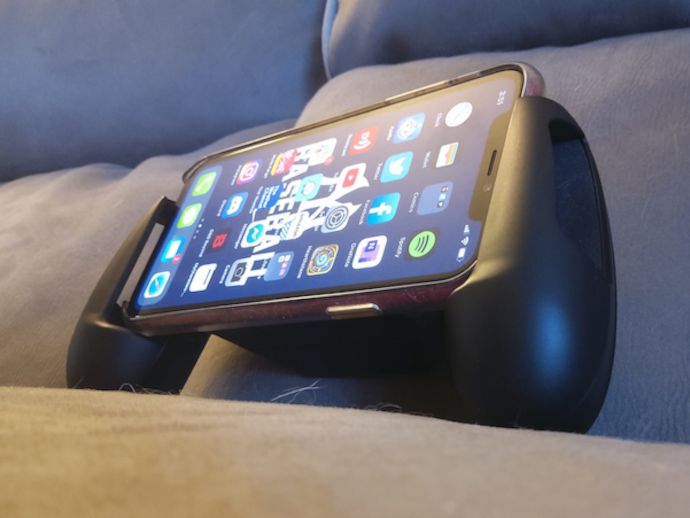
You've technically been able to use controllers on both iPhones and Android devices for some time. Android has always been the more open and customizable of the two platforms, while Apple devices were stuck with mFi controllers for a while.
But with the arrival of iOS 13, we can actually use PlayStation 4 controllers and Xbox One controllers with iPhones and iPads. (Android devices have been able to for a while now.)
This means mobile game developers can code their games with controller support, allowing for cleaner controls and a better mobile gaming experience! That's a pretty big deal.
"All You Can Eat" Gaming Subscriptions
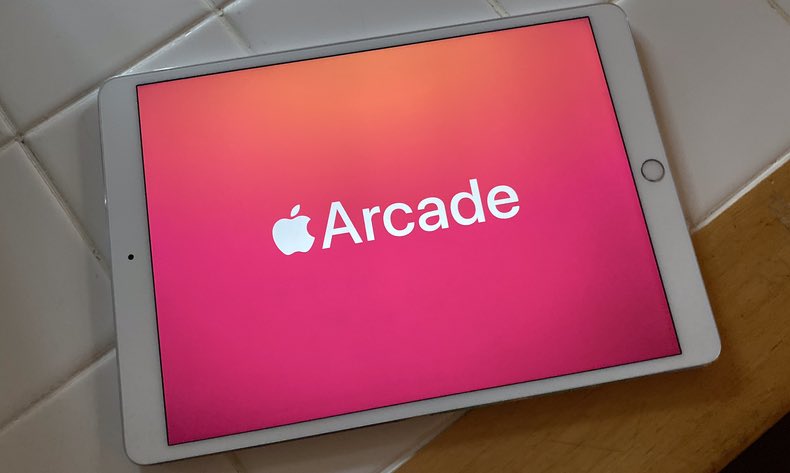
Another big step in favor of mobile gaming is the growing prevalence of "all you can eat" mobile gaming subscriptions.
For Apple, it's Apple Arcade. For Google, it's Google Play Pass. Both of these only cost $4.99 per month and both of them grant unlimited access to a large selection of premium mobile games.
As I write this, we're still in the early days. We have yet to see how many people keep their subscriptions after the initial trial periods. But on the whole, these mobile gaming subscriptions offer excellent value for anyone who likes gaming on a phone.
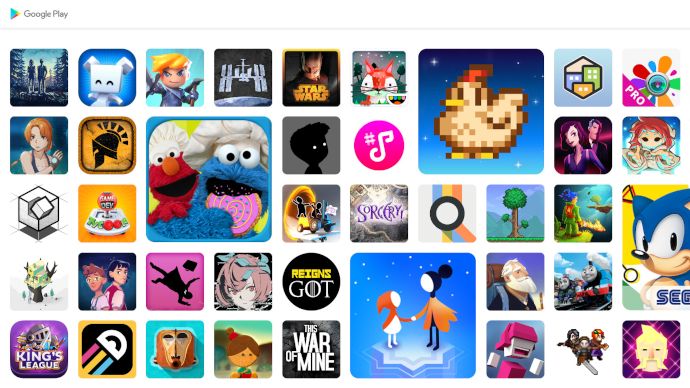
How frequently Apple and Google continue to bring new games to their respective services also remains to be seen. But as they add more games, the value only increases.
As such, these services are incredibly promising.
I haven't been able to try Google Play Pass, but thanks to Apple Arcade I've done more gaming on my iPhone and iPad in the past month than I've ever done on any mobile device before.
Fewer Mobile Game Microtransactions
One of the big benefits brought on by both Apple Arcade and Google Play Pass is the lack of microtransactions.
You pay the monthly fee and you get all the games in the library. In their entirety. All content unlocked. Sounds strange, doesn't it?
We've been so conditioned by mobile gaming designs that it actually feels weird to play a mobile game that is just that: a game without advertisements or microtransactions.
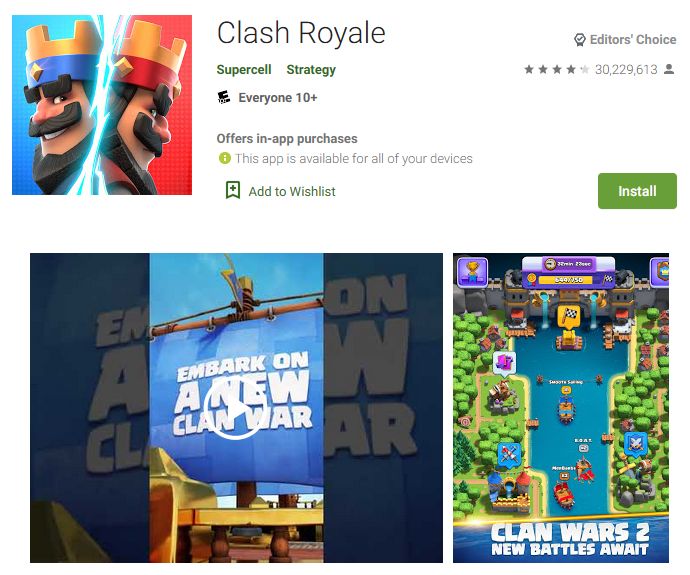
Of course, developers and publishers need to put food on the table, and the only way they can make money with free mobile games is by ads and in-app purchases. But if you're willing to pay a little bit, you can get rid of those while supporting devs.
Not seeing ads and in-app purchases in the games on Apple Arcade and Google Play Pass is an excellent taste of how great mobile gaming on smartphones can actually be.
Free Comes With Consequences
If Apple Arcade and Google Play Pass fail, that will likely mean the death of mobile gaming's promising future.
Not only will we revert to ad-heavy and microtransactions-driven designs that bleed gamers dry, but they'll come back in more aggressive forms than ever before.
Some people may be fine with this, but those of us who are used to the idea of owning games outright won't be happy.
What can we do to prevent mobile games staying the shallow semi-game experiences they're on the verge of becoming?
Simply put, we need to pay for mobile games.
Treat Android phones and iPhones like you'd treat your gaming console or PC. Give developers the option to make a decent living without exploitative monetization, and some will gladly take it.
